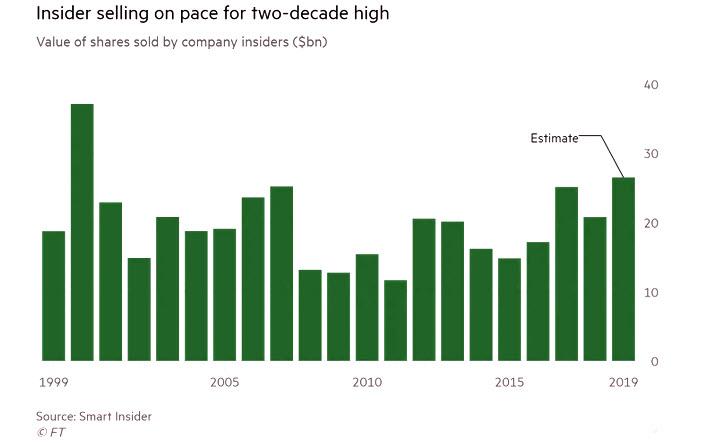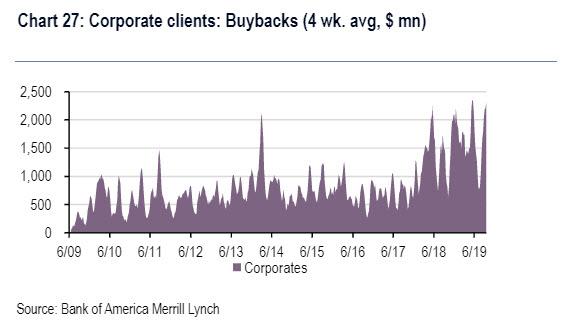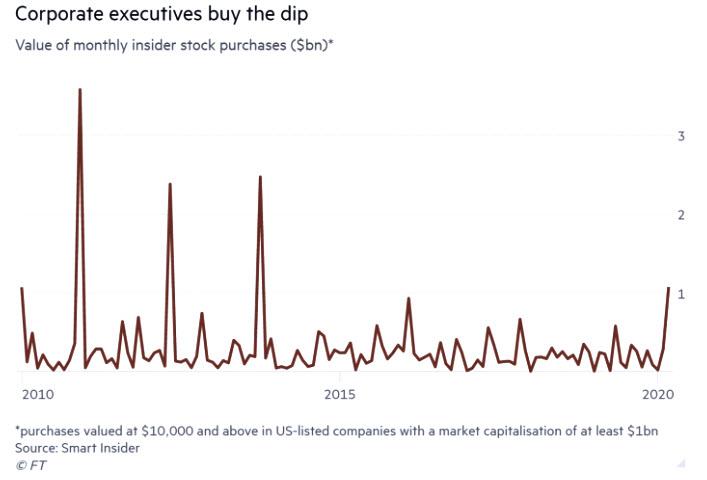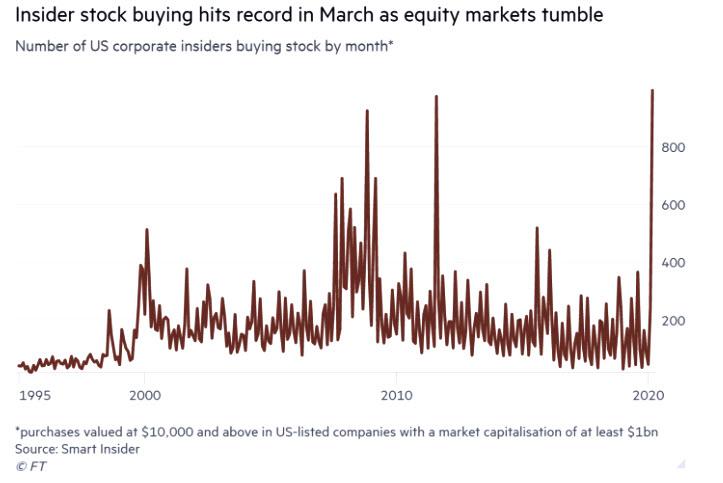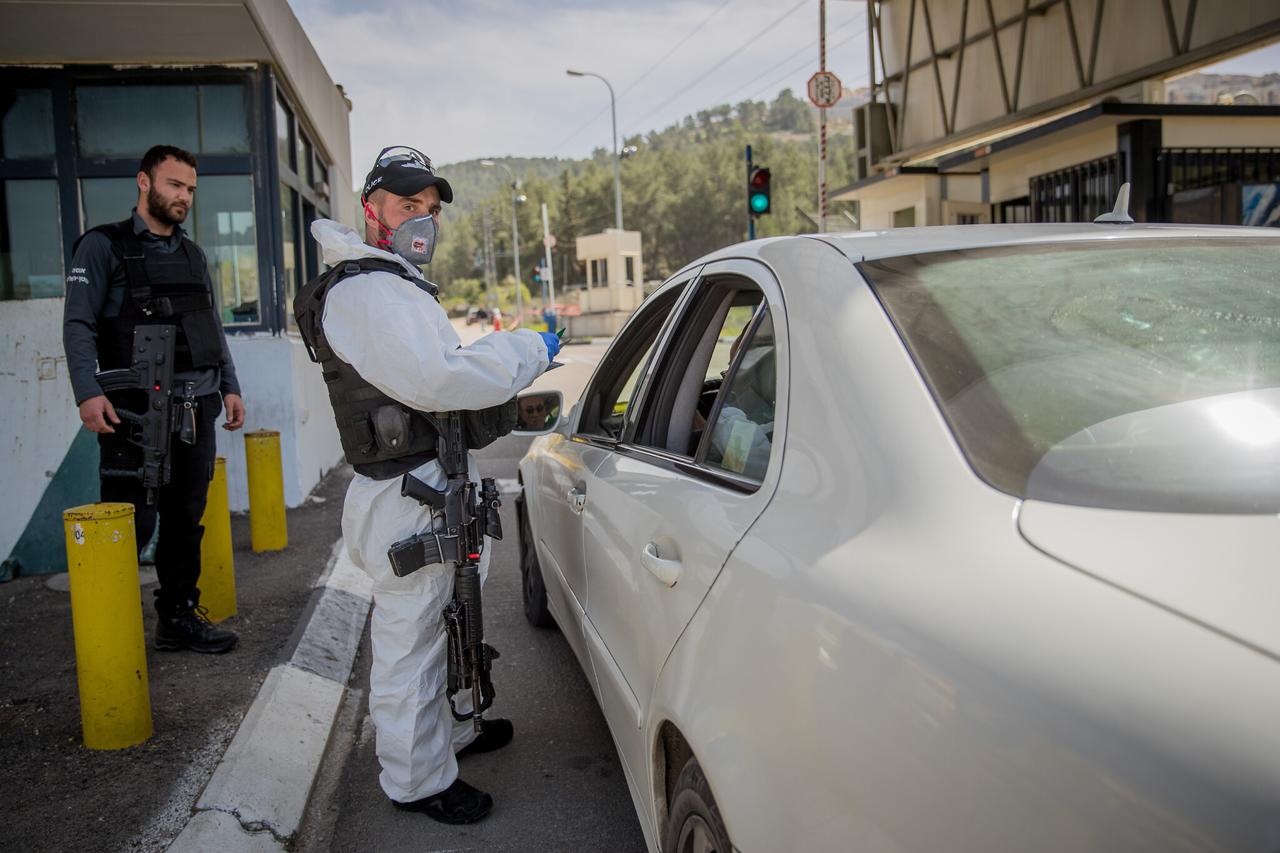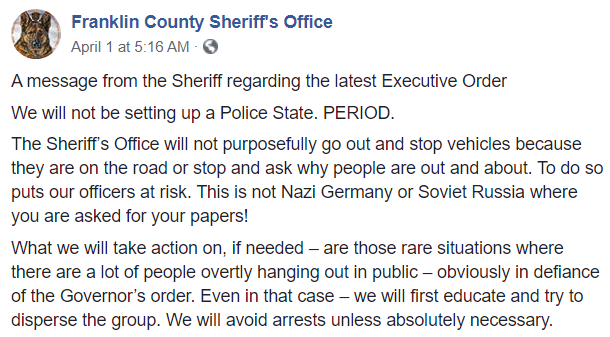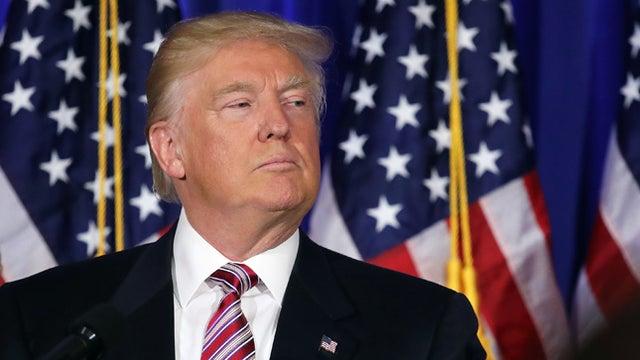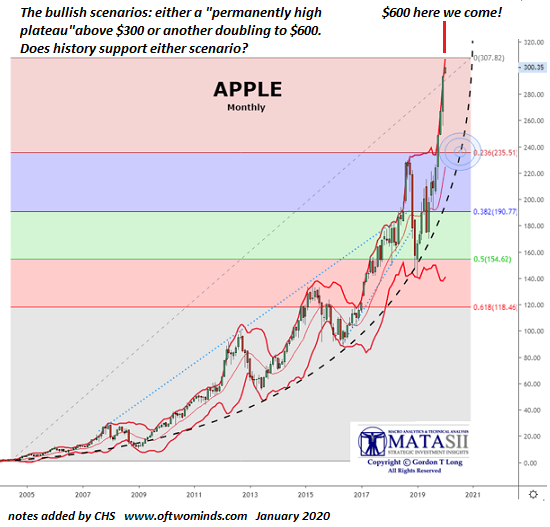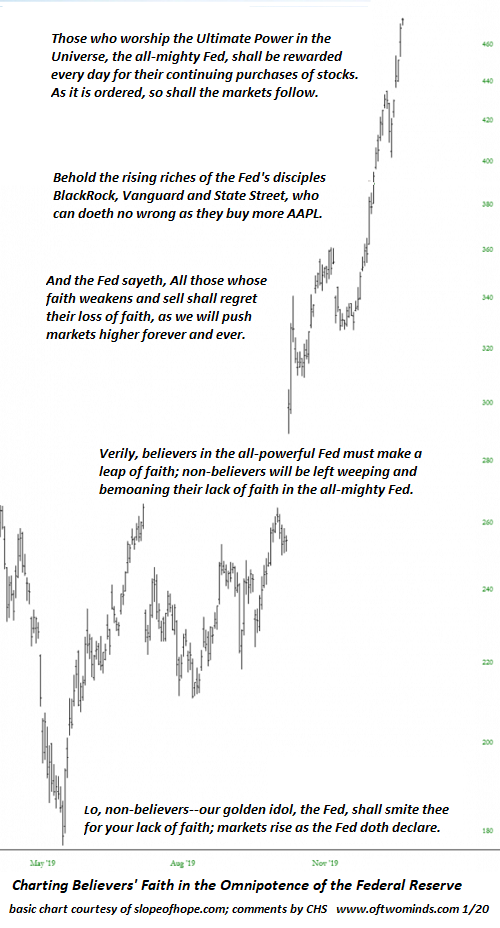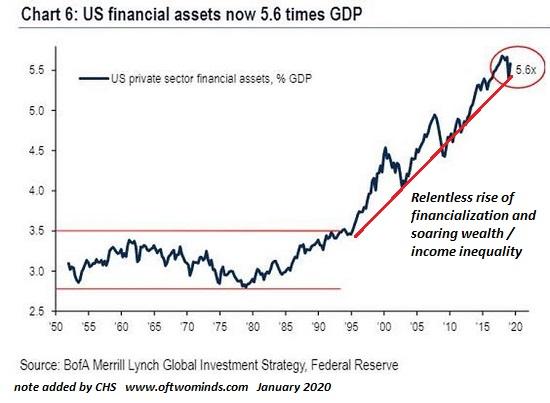From today’s decision by Judge Justin R. Walker (W.D. Ky.):
On Holy Thursday, an American mayor criminalized the communal celebration of Easter.
That sentence is one that this Court never expected to see outside the pages of a dystopian novel, or perhaps the pages of The Onion. But two days ago, citing the need for social distancing during the current pandemic, Louisville’s Mayor Greg Fischer ordered Christians not to attend Sunday services, even if they remained in their cars to worship—and even though it’s Easter.
The Mayor’s decision is stunning.
And it is, “beyond all reason,” unconstitutional. {Cf. Jacobson v. Massachusetts, 197 U.S. 11, 31 (1905).} …
Four days ago, defendant Mayor of Louisville Greg Fischer said it was “with a heavy heart” that he was banning religious services, even if congregants remain in their cars during the service. He asserted, “It’s not really practical or safe to accommodate drive-up services taking place in our community.” Drive-through restaurants and liquor stores are still open.
Two days ago, on Holy Thursday, the Mayor threatened church members and pastors if they hold a drive-in Easter service: “We are not allowing churches to gather either in person or in any kind of drive- through capacity.” “Ok so, if you are a church or you are a churchgoing member and you do that, you’re in violation of the mandate from the governor, you’re in violation of the request from my office and city government to not do that.” “We’re saying no church worshiping, no drive-throughs.”
The same day, the Mayor’s spokesperson said he would use the police to deter and disburse drive-in religious gatherings: “Louisville Metro Police have been proactive about reaching out to those we’ve heard about, and discouraging organizers from proceeding.” …
There is no doubt that society has the strongest of interests in curbing the growth of a deadly disease, which is the interest Mayor Fischer and Metro Louisville (together, “Louisville”) has asserted when ordering churches and churchgoers to stay home on Easter. “When faced with a society-threatening epidemic, a state may implement emergency measures that curtail constitutional rights so long as the measures have at least some ‘real or substantial relation’ to the public health crisis and are not ‘beyond all question, a plain, palpable invasion of rights secured by the fundamental law.'” { In re Abbott, 2020 WL 1685929, at *7 (5th Cir. Apr. 7, 2020) (quoting Jacobson, 197 U.S. at 31).}
In this case, Louisville is violating the Free Exercise Clause “beyond all question.”
To begin, Louisville is substantially burdening On Fire’s sincerely held religious beliefs in a manner that is not “neutral” between religious and non-religious conduct, with orders and threats that are not “generally applicable” to both religious and non-religious conduct. “The principle that government, in pursuit of legitimate interests, cannot in a selective manner impose burdens only on conduct motivated by religious belief is essential to the protection of the rights guaranteed by the Free Exercise Clause.” In Lukumi Babalu, the City of Hialeah’s ban on animal sacrifice was not “neutral” or “generally applicable” because it banned the Church of Lukumi Babalu’s ritualistic animal sacrifices while at the same time it did not ban most other kinds of animal killing, including kosher slaughtering and killing animals for non-religious reasons.
Here, Louisville has targeted religious worship by prohibiting drive-in church services, while not prohibiting a multitude of other non-religious drive-ins and drive-throughs—including, for example, drive-through liquor stores. Moreover, Louisville has not prohibited parking in parking lots more broadly—including, again, the parking lots of liquor stores.
When Louisville prohibits religious activity while permitting non-religious activities, its choice “must undergo the most rigorous of scrutiny.” That scrutiny requires Louisville to prove its interest is “compelling” and its regulation is “narrowly tailored to advance that interest.” Louisville will be (highly) unlikely to make the second of those two showings…. As in Lukumi Babalu, the government’s “proffered objectives are not pursued with respect to analogous non-religious conduct, and those interests could be achieved by narrower ordinances that burdened religion to a far lesser degree.”
In other words, Louisville’s actions are “underinclusive” and “overbroad.” They’re underinclusive because they don’t prohibit a host of equally dangerous (or equally harmless) activities that Louisville has permitted on the basis that they are “essential.” Those “essential” activities include driving through a liquor store’s pick-up window, parking in a liquor store’s parking lot, or walking into a liquor store where other customers are shopping. The Court does not mean to impugn the perfectly legal business of selling alcohol, nor the legal and widely enjoyed activity of drinking it. But if beer is “essential,” so is Easter.
Louisville’s actions are also overbroad because, at least in this early stage of the litigation, it appears likely that Louisville’s interest in preventing churchgoers from spreading COVID-19 would be achieved by allowing churchgoers to congregate in their cars as On Fire proposes. On Fire has committed to practicing social distancing in accordance with CDC guidelines. “Cars will park six feet apart and all congregants will remain in their cars with windows no more than half open for the entirety of the service.” Its pastor and a videographer will be the only people outside cars, and they will be at a distance from the cars.
Louisville might suggest that On Fire members could participate in an online service and thus satisfy their longing for communal celebration. But some members may not have access to online resources. And even if they all did, the Free Exercise Clause protects their right to worship as their conscience commands them. It is not the role of a court to tell religious believers what is and isn’t important to their religion, so long as their belief in the religious importance is sincere. The Free Exercise clause protects sincerely held religious beliefs that are at times not “acceptable, logical, consistent, or comprehensible to others.” …
[F]or some believers Easter means gathering together, if not hand in hand or shoulder to shoulder, then at least car fender to car fender. Religion is not “some purely personal avocation that can be indulged entirely in secret, like pornography, in the privacy of one’s room. For most believers, it is not that, and has never been.” Instead, just as many religions reinforce their faith and their bonds with the faithful through religious assemblies, many Christians take comfort and draw strength from Christ’s promise that “where two or three are gathered together in My name, there am I in the midst of them.” Indeed, as On Fire points out, “the Greek word translated ‘church’ in our English versions of the Christian scriptures is the word ‘ekklesia,’ which literally means ‘assembly.'”
It is true that On Fire’s church members could believe in everything Easter teaches them from their homes on Sunday. Soo too could the Pilgrims before they left Europe. But the Pilgrims demanded more than that. And so too does the Free Exercise Clause. It “guarantees the free exercise of religion, not just the right to inward belief.” …
Finally, nothing in this legal analysis should be read to imply that the rules of the road in constitutional law remain rigidly fixed in the time of a national emergency. We know that from Jacobson v. Massachusetts. The COVID-19 pandemic has upended every aspect of our lives: how we work, how we live, how we celebrate, and how we mourn. We worry about our loved ones and our nation. We have made tremendous sacrifices. And the Constitution is not “a suicide pact.”
But even under Jacobson, constitutional rights still exist. Among them is the freedom to worship as we choose. The brief history at the outset of this opinion does not even scratch the surface of religious liberty’s importance to our nation’s story, identity, and Constitution. But mindful of that importance, the Court believes there is a strong likelihood On Fire will prevail on the merits of its claim that Louisville may not ban its citizens from worshiping—or, in the relative safety of their cars, from worshiping together….
The court also held that the closure violated the Kentucky Religious Freedom Restoration Act, which generally requires religious exemptions from laws even when those laws are neutral and general applicable. The Kentucky RFRA also calls for strict scrutiny of denials of exemptions; the court applies the same strict scrutiny analysis it applied under the Free Exercise Clause, and concludes that an exemption must be granted:
[A]as above, banning drive-in church services isn’t the least restrictive means to advance Louisville’s interest in preventing the spread of coronavirus. Moreover, if sitting in cars did pose a significant danger of spreading the virus, Louisville would close all drive-throughs and parking lots that are not related to maintaining public health, which they haven’t done. {In the interest of moving on from the Court’s example of liquor stores that are open, the Court takes judicial notice that ice cream shops (and their parking lots) are still open ….}
Thanks to Josh Blackman for the pointer.
from Latest – Reason.com https://ift.tt/3b28LTD
via IFTTT
